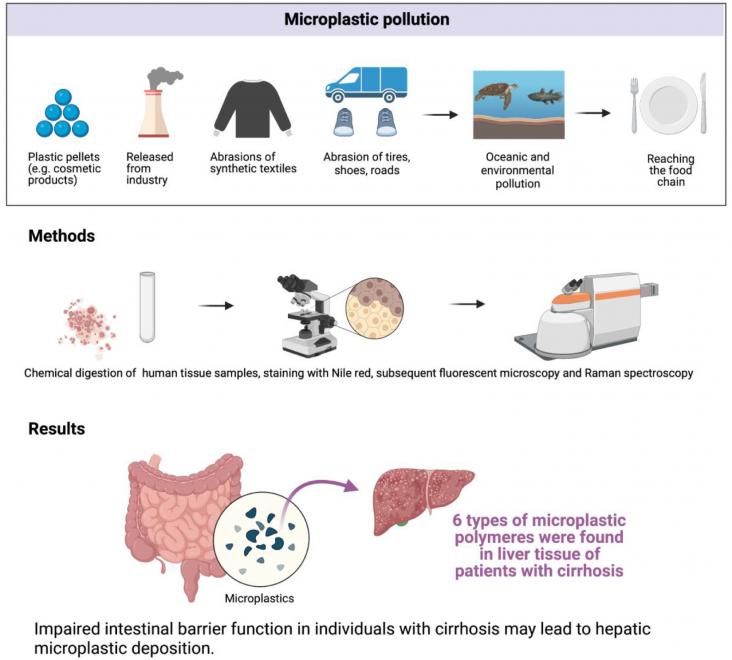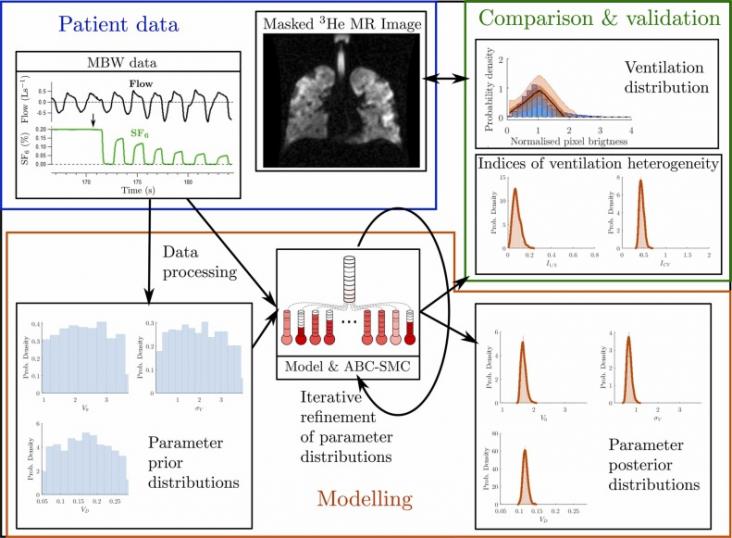A literature quantitative research analysis carried out via Scopus, researching publications on food dyes and their related health relationship. Consumers are becoming increasingly interested in the link between additives such as food dyes and overall food quality.

This Article supports SDG 3 by assessing the presence of microplastics in human liver tissue and identifying six different microplastic polymers in the liver of individuals with liver cirrhosis.

The United Nations General Assembly decided that International Day of the World’s Indigenous Peoples would be observed every year on 9th August. On this day, people from around the world are encouraged to help spread the UN’s message on the protection and promotion of the rights of indigenous peoples. Elsevier is pleased to share this special collection of freely available articles to help spread awareness about this important topic. Please feel free to download and share these papers.
This study identifies the psychological impact of the Covid-19 pandemic on cancer patients undergoing radiation therapy which shows the presence of a clinically significant anxiety in almost all of the sample analyzed, and which makes it necessary to treat patients in a multidisciplinary perspective that includes psychological support in the care plan.
Systematic review of mental health consequences of traffic accidents - large study on a major phenomenon.
Explicitly addresses mental health SDG. Explores and measures relationship between length of commute and mental health.

Background: Indices of ventilation heterogeneity (VH) from multiple breath washout (MBW) have been shown to correlate well with VH indices derived from hyperpolarised gas ventilation MRI. Here we report the prediction of ventilation distributions from MBW data using a mathematical model, and the comparison of these predictions with imaging data. Methods: We developed computer simulations of the ventilation distribution in the lungs to model MBW measurement with 3 parameters: σV, determining the extent of VH; V0, the lung volume; and VD, the dead-space volume. These were inferred for each individual from supine MBW data recorded from 25 patients with cystic fibrosis (CF) using approximate Bayesian computation. The fitted models were used to predict the distribution of gas imaged by 3He ventilation MRI measurements collected from the same visit. Results: The MRI indices measured (I1/3, the fraction of pixels below one-third of the mean intensity and ICV, the coefficient of variation of pixel intensity) correlated strongly with those predicted by the MBW model fits (r=0.93,0.88 respectively). There was also good agreement between predicted and measured MRI indices (mean bias ± limits of agreement: I1/3:−0.003±0.118 and ICV:−0.004±0.298). Fitted model parameters were robust to truncation of MBW data. Conclusion: We have shown that the ventilation distribution in the lung can be inferred from an MBW signal, and verified this using ventilation MRI. The Bayesian method employed extracts this information with fewer breath cycles than required for LCI, reducing acquisition time required, and gives uncertainty bounds, which are important for clinical decision making.
Elemental selenium, a new type of selenium supplement, can be biosynthesized via microorganisms. This study is to characterize a patent probiotic bacteria Enterococcus durans A8–1, capable of reducing selenite (Se6+ or Se4+) to elemental selenium (Se0) with the formation of Se nanoparticles (SeNPs).
This Article supports SDGs 3 and 13 by showing that plant-based beef alternatives could reduce the carbon footprint of the US food system, but highlights that reductions in other envirnmental dimensions are dependent on repurposing of resources.
This content links with Goal 3: Good health and well-being and Goal 10: Reduced Inequalities by providing content of Wilson Disease in children including manifestations and management.
